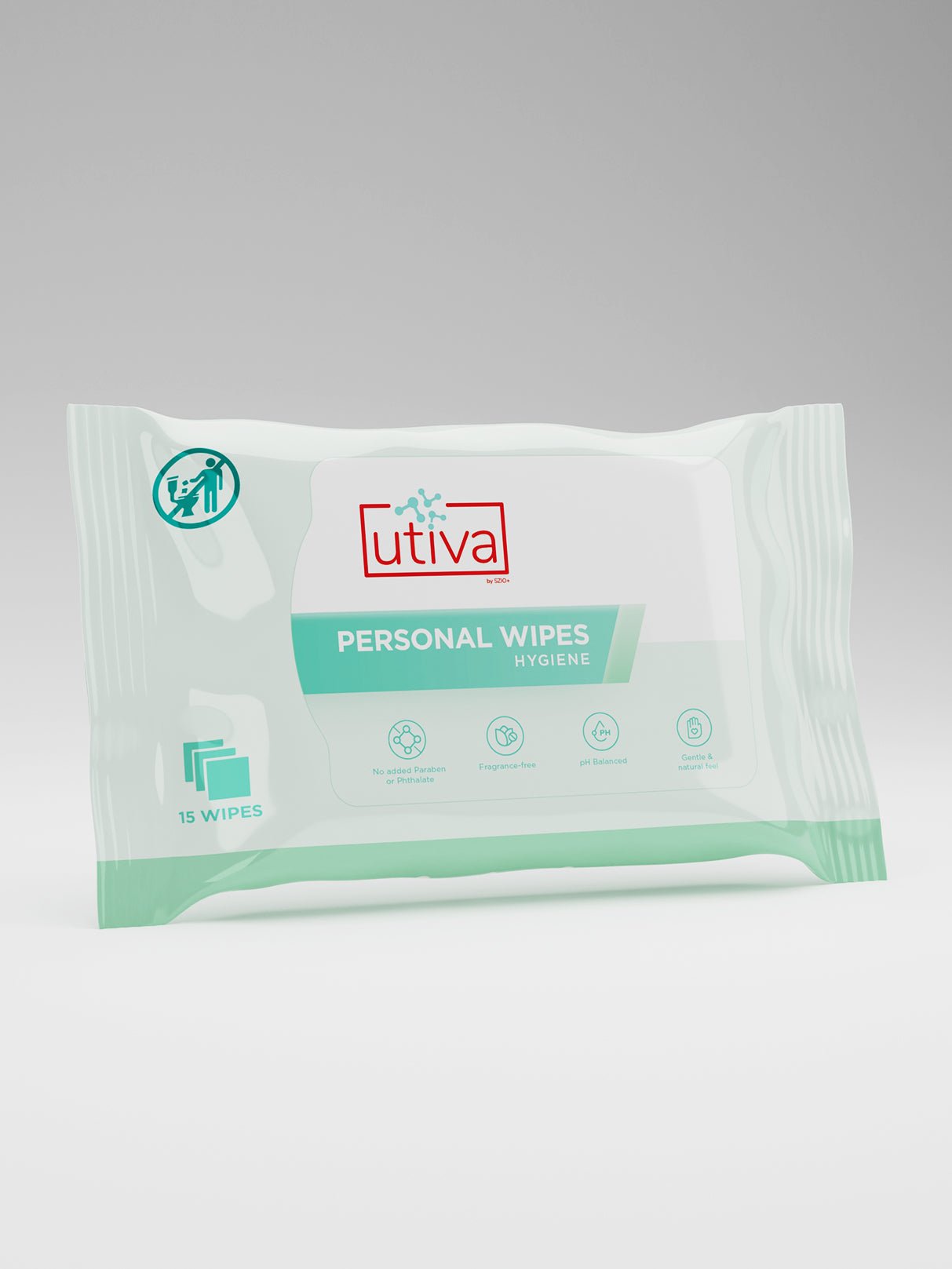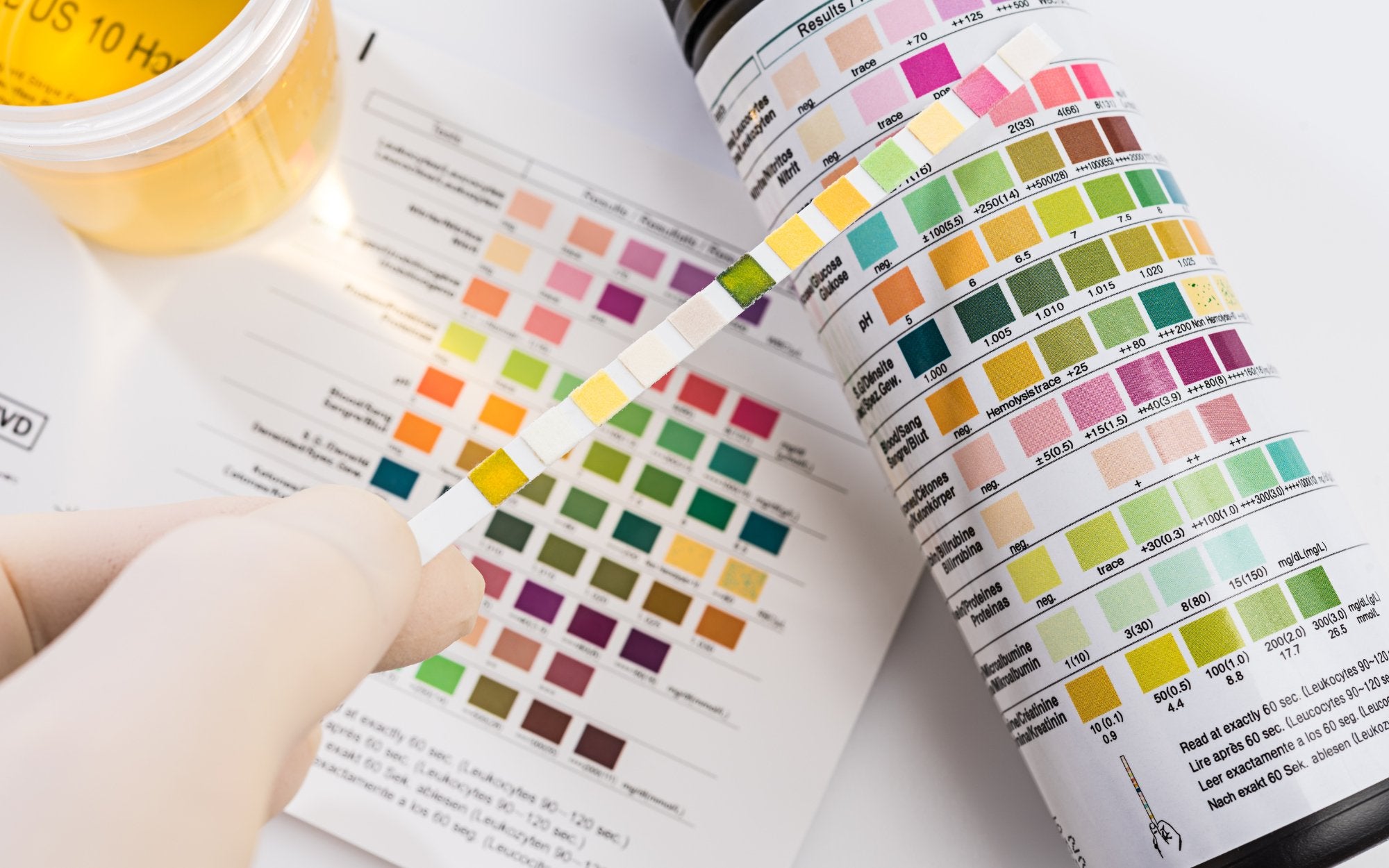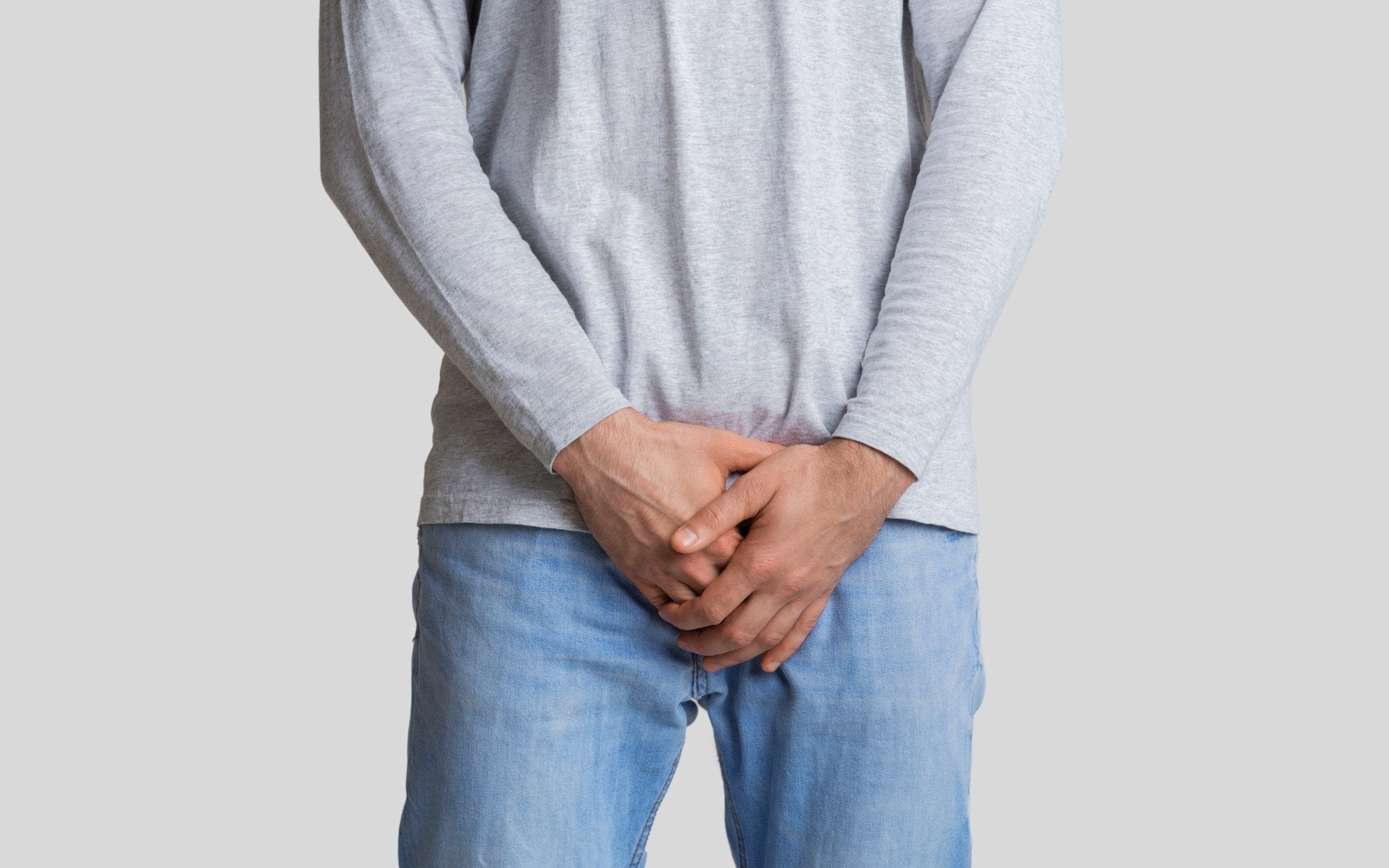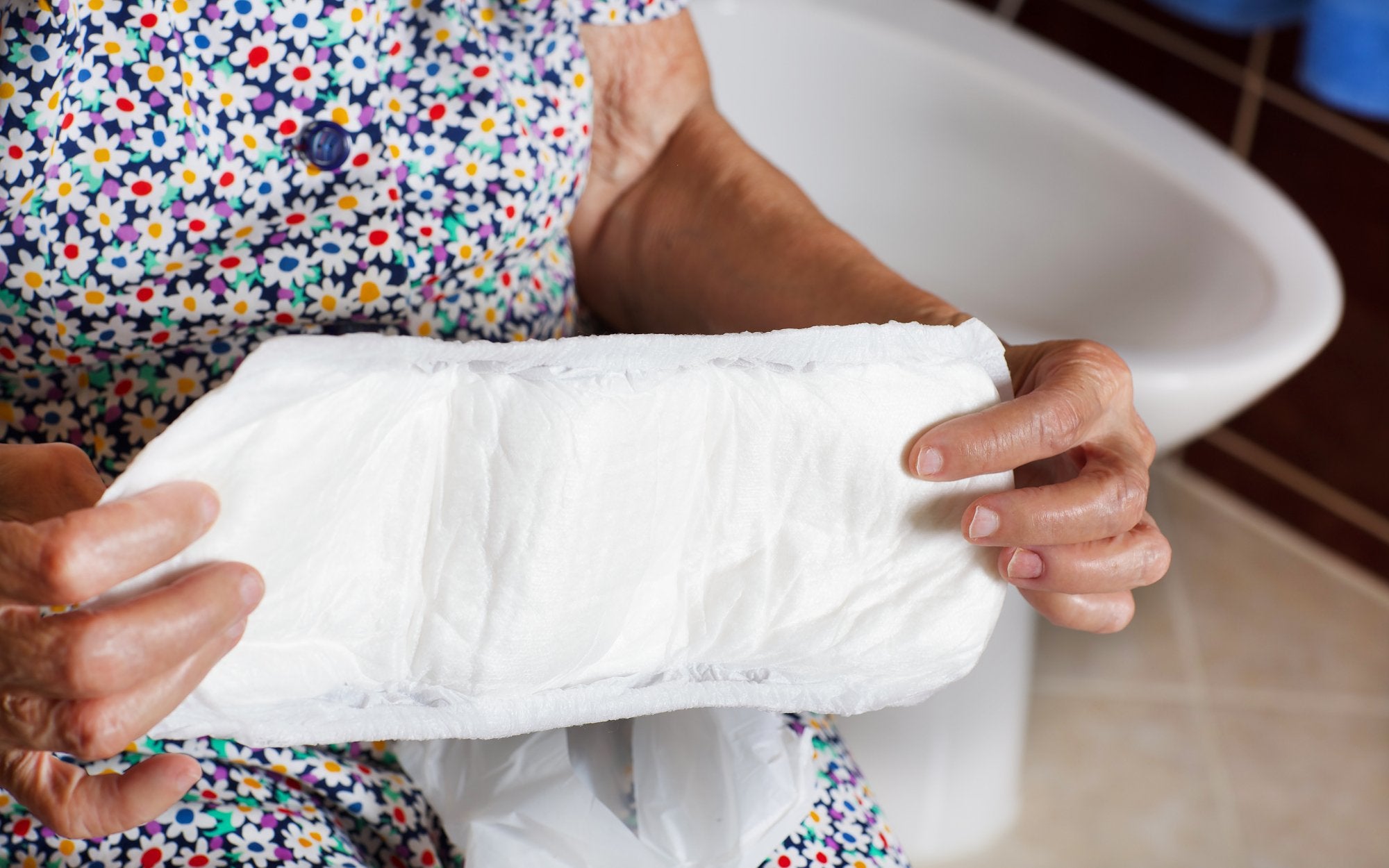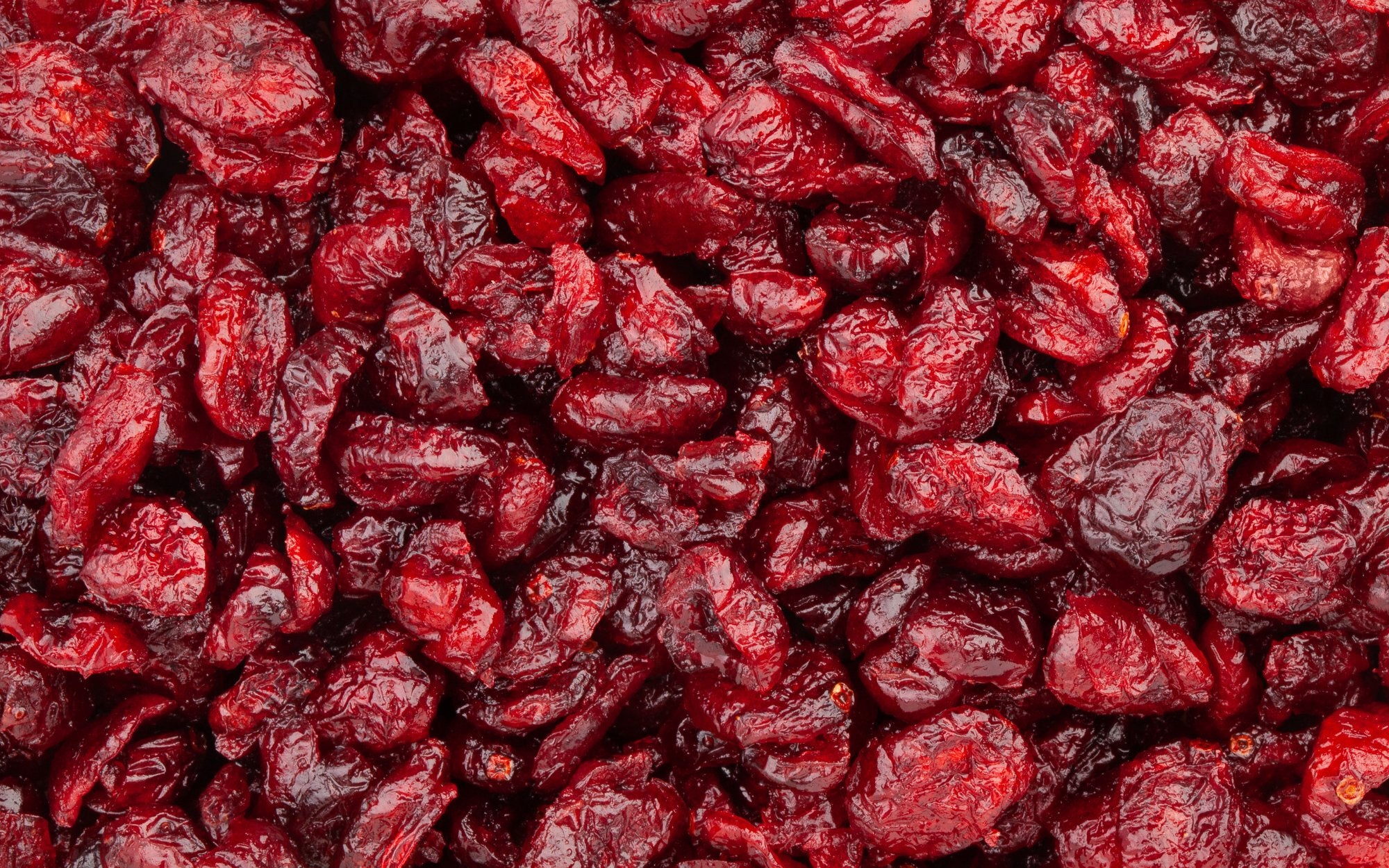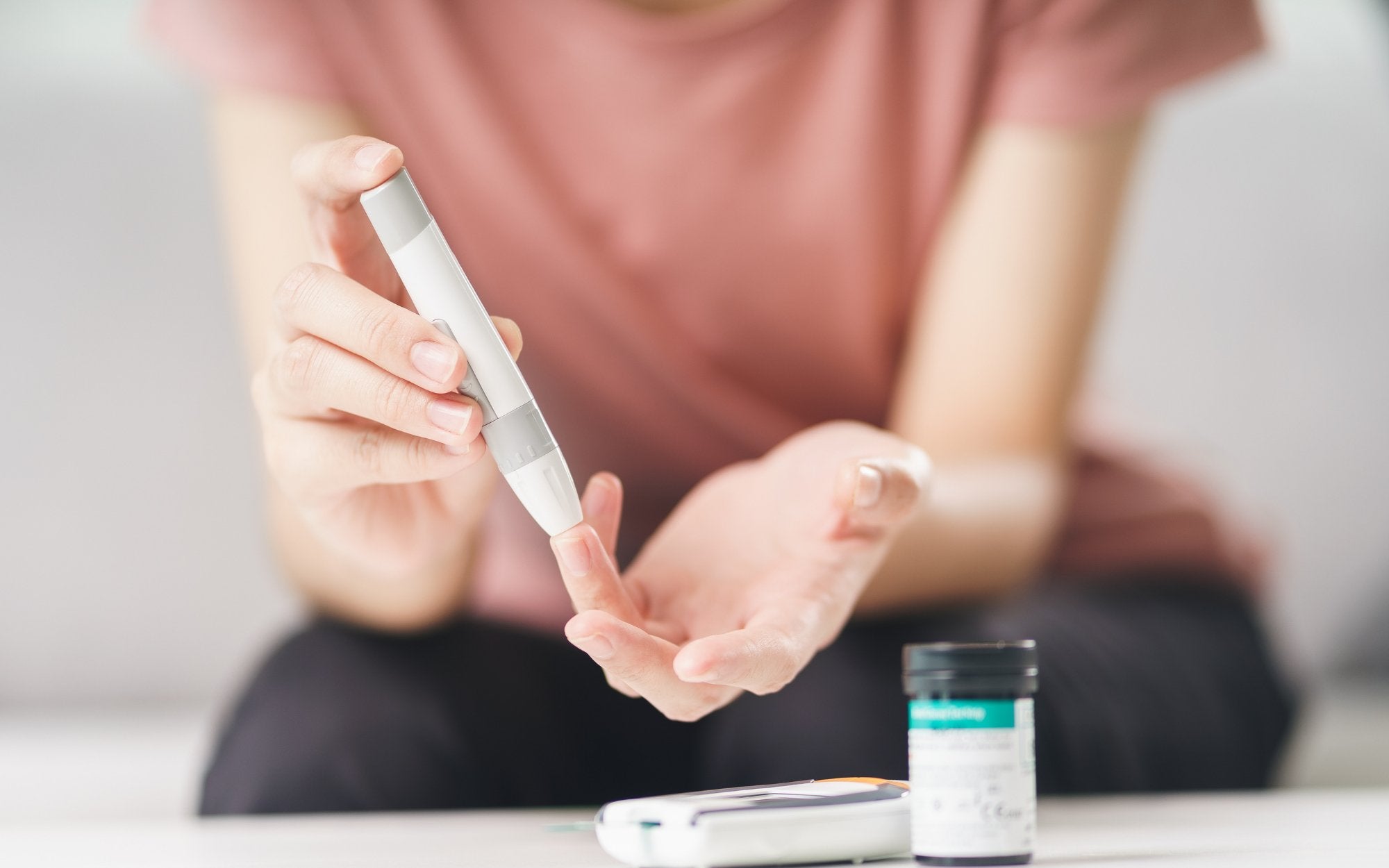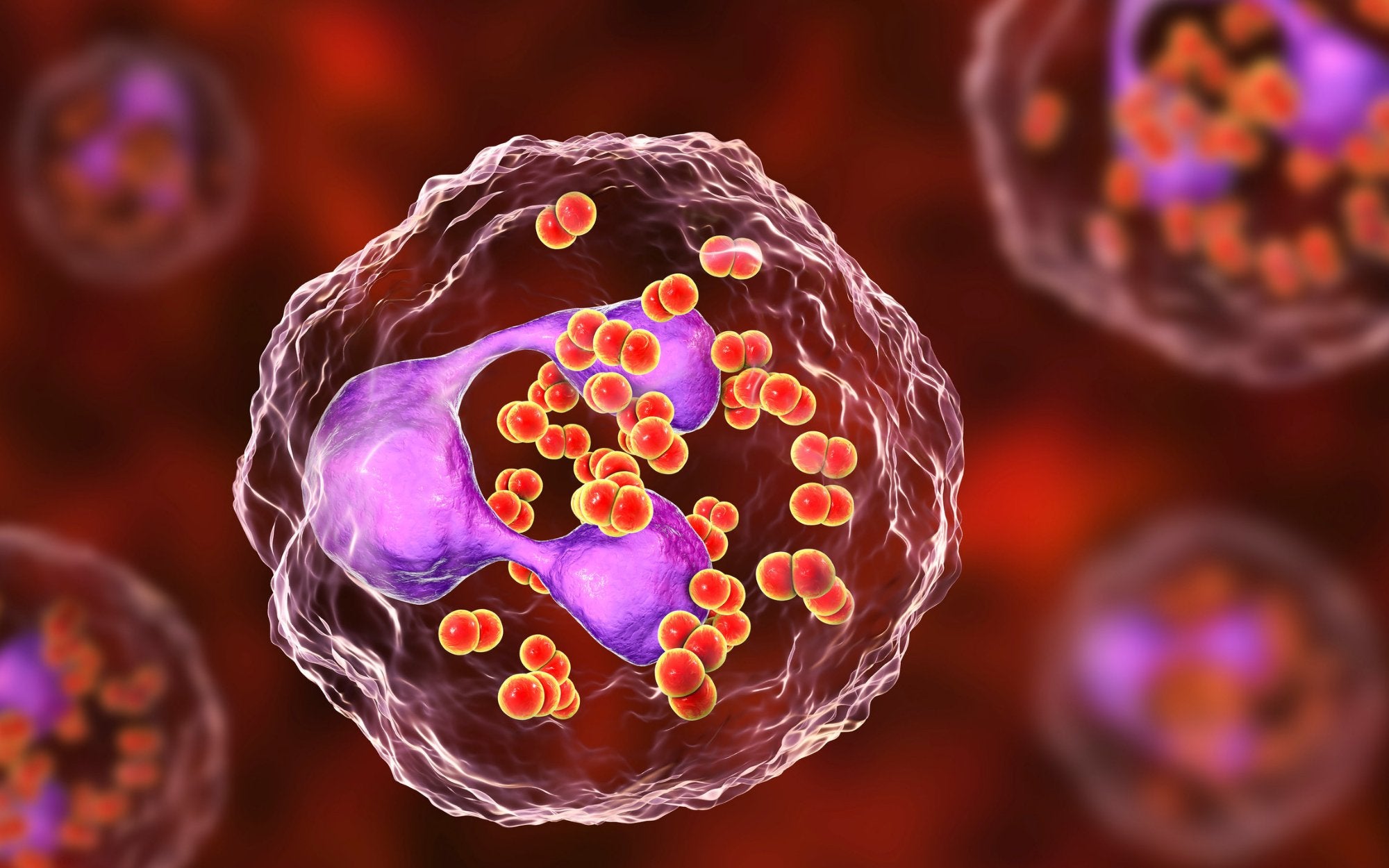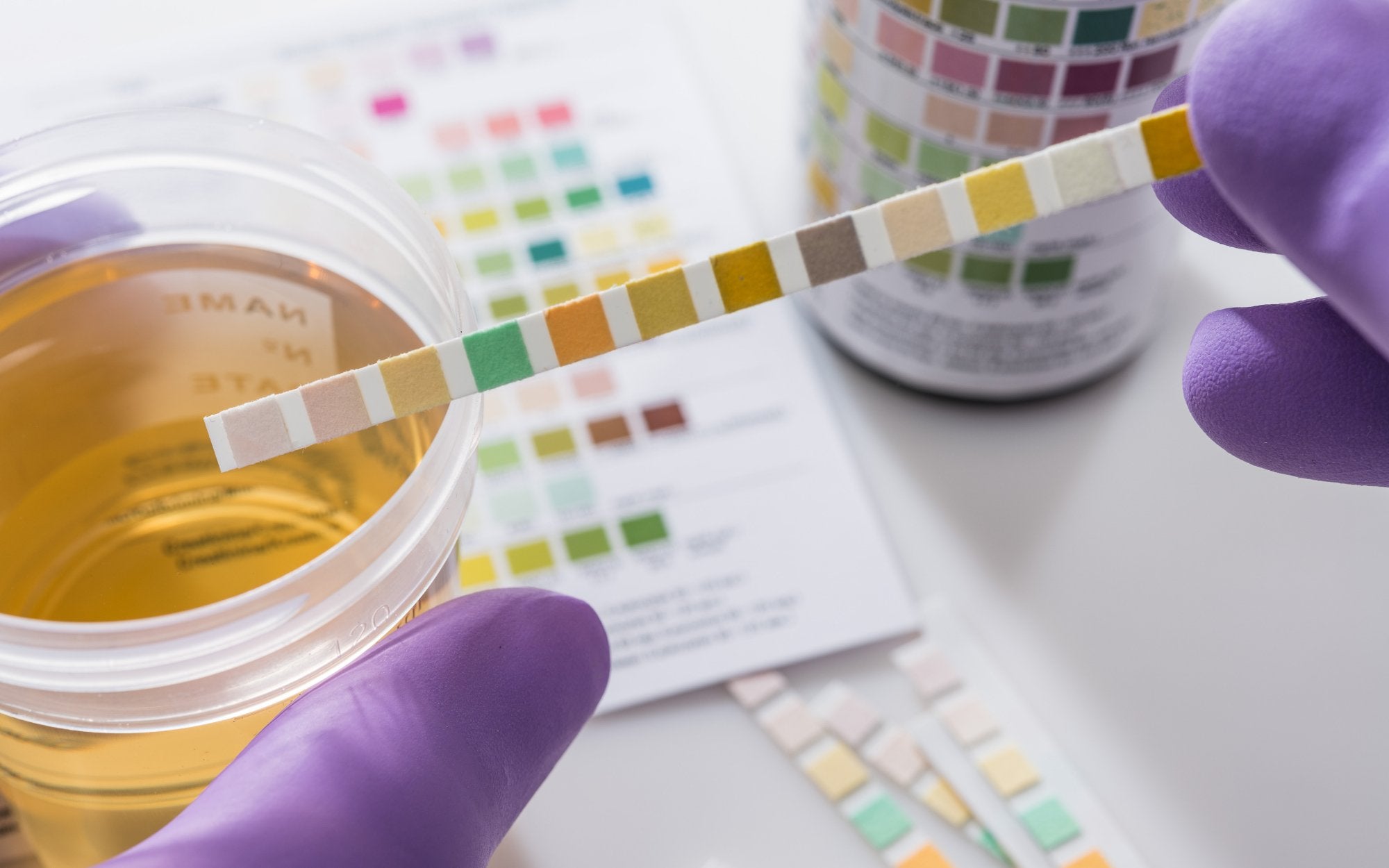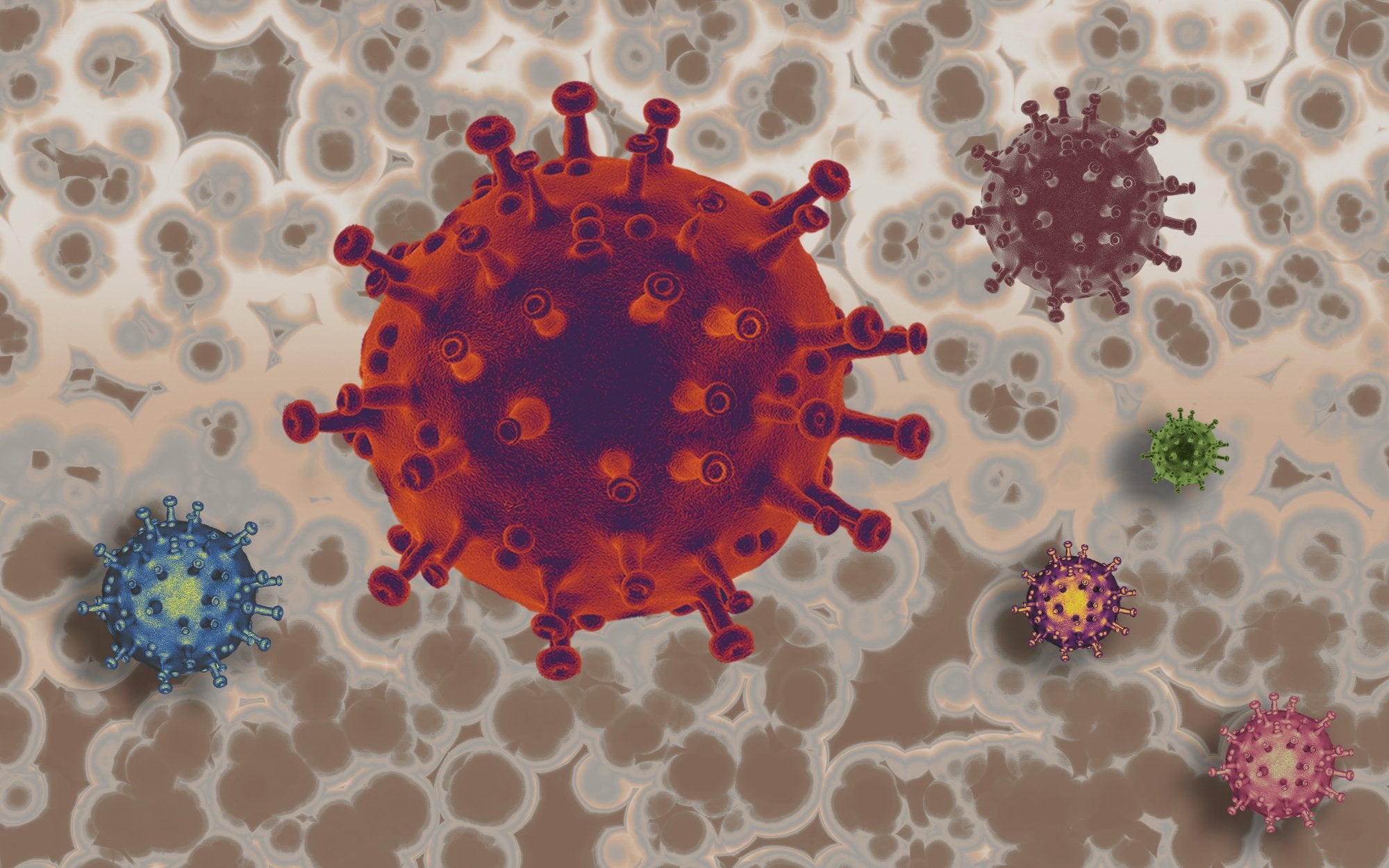
Frequently Asked Questions
Learn MoreIf I am experiencing frequency, how can I tell if it’s from OAB or infection?
It's not easy to define urinary frequency because what’s “normal” is different for everyone, depending on fluid intake and many other factors. Urologist, Dr. Yana Barbalat explains some of the most common reasons why you might be experiencing frequency.
Negative Urine Culture But Still Have UTI Symptoms: What To Do
Just because you feel like you have a UTI, doesn’t always mean that you have a UTI. There are many causes of UTI like symptoms which are often very treatable. The key is to find a good doctor and get the right diagnosis.
Understanding Overactive Bladder and Prostate Issues in Men
OAB can be a confusing topic because there are many causes for both men and women, and research is still under way. Here is a list of what we know can cause OAB in men and how OAB differs from prostate issues.
The UTI Tracker App
Over 100 million UTIs are diagnosed annually. Learn about Board Certified Urologist Dr. Dana Rice's digital platform and how it has helped 81% of users experience a reduction in the number of UTIs.
The different types of cranberry measurements and why they matter for UTI supplements
How do you know if a cranberry supplement is effective? It all depends on the amount of PACs and how they’re measured.
Helping Seniors with Recurrent UTIs: What Family Members Can Do
How you can recognize their symptoms and avoid antibiotic use when unnecessary? Understanding and managing a senior’s UTI symptoms can be tricky, but prevention is possible with the proper education and resources.
The side effects of OAB medication and how they impact patient compliance
78% of people who start OAB drugs stop taking them within a year. Here are the harsh side effects to watch out for, plus the natural OAB supplement that can help.
Overactive Bladder Resource
Struggling with OAB symptoms? Here are the answers to all of your burning questions.
Is there a correlation between overactive bladder and UTIs?
Ever wonder if overactive bladder and UTIs are correlated? Board Certified Urologist Dr. Yana Barbalat breaks it down for us.
How much cranberry juice or dried cranberries will give you 36mg of PACs?
Cranberry juice has been studied for prevention of urinary tract infections and 240 – 300 ml of cranberry juice in those studies yielded 36-40 mg of PACs. However, this is something that cannot be generalized to all cranberry drinks and juices.
Treating Incontinence and Recurrent UTIs in Elderly Patients
Incontinence and recurrent UTIs often co-exist in the same population of geriatric patients. Therefore, it can be tricky to figure out whether to treat a UTI based on the degree of incontinence.
Official Urologist Protocol for Treating UTIs
As a urology community, we have guidelines that can help guide our management but very often doctors differ in their practice based on their experience and training. There is also a constant influx of new data that can guide us one way or another.
Is it Safe to Use D-mannose in patients with diabetes?
D-mannose is a sugar found naturally in many fruits and berries. However, unlike glucose, a sugar that we have all heard about, D-mannose is absorbed very slowly in the gut making it safe for people whith diabetes.
How to stay hydrated and prevent UTIs during Ramadan
During Ramadan, fasting can cause major dehydration and other complications, like UTIs. Here’s how to make this your healthiest, most hydrated Ramadan yet.
What is the role of ureaplasma in UTIs?
Ureaplasma is a bacterium that is sometimes found in the vagina. This bacterium typically comes from a current or previous sexual partner and lives in the vagina along with the other bacteria that co-exist in there, often not causing any symptoms or long-term issues.
Skene’s Glands and UTIs: What’s the deal?
Skene’s glands consists of two small ducts located along both sides of the female urethra. They are composed of the same tissue as the clitoris and play a vital role in both urinary and sexual health. Occasionally, when people have frequent urinary tract infections, the skene’s glands can get recurrently infected with bacteria and inflamed.
What are the most common UTI-related questions a urologist gets?
UTIs are very distressing and tend to really impact one’s quality of life. Some patients develop recurrent urinary tract infections and that’s generally when they get referred to a urologist. Doctor Yana Barbalat answers the most common UTI-related questions she gets.
Are UTIs more common as we age?
UTIs tend to peak at two time periods in a woman’s life. Typically, between the ages of 18 and 30, and again after the age of 60. In men, UTIs are uncommon until after the age of 60. Let's break it down to better understand why we're more prone to UTIs as we age.
What’s the most effective UTI test?
The first step to treating a UTI is testing it. Here’s everything you need to know about UTI testing — and how accurate results make all the difference.
How to talk to your partner about UTIs
Communication is key in any relationship, and the same goes for talking about your UTI struggles. Here’s how to chat about UTIs with your partner and what they can do to support you best.
What is an Embedded UTI?
You may be familiar with recurrent UTIs, but do you know what an embedded UTI is? Although not a medical term, an embedded UTI is from a persistent source of infection and will often come back after the use of antibiotics to reinfect the urine.
Summertime UTIs: Are we more prone to UTIs in hot weather?
Our top tips and prevention techniques to stop summer UTIs before they start — from keeping your bikini dry to upgrading your daily supplements.
My Painful Vulva: My Chronic Vulvar Pain Journey
My vaginal pain began 3 years ago, with a throbbing and burning pain originally isolated to during and after intercourse. That pain quickly escalated to every-day soreness, itchiness, and shooting pains up my vaginal walls.
Does Getting a UTI Mean I Have Poor Hygiene Practices?
Can poor hygiene practices be the cause of my UTIs? Board Certified Urologist Dr. Yana Barbalat answers this question.

